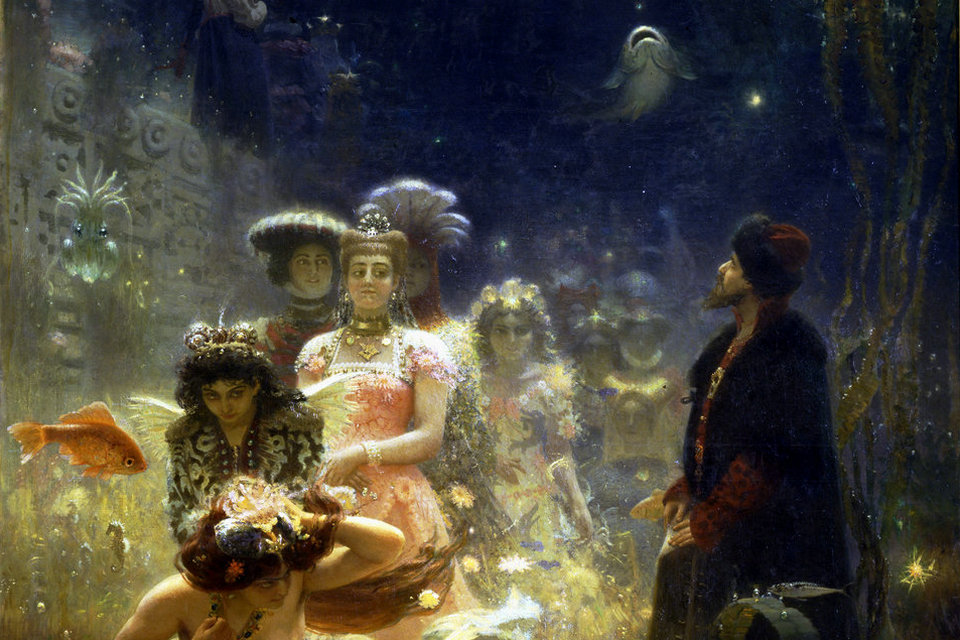Golden Age of Russian Poetry


Golden Age of Russian Poetry is the name traditionally applied by philologists to the first half of the 19th century. It is also called the Age of Pushkin, after its most significant poet (in Nabokov’s words, the greatest poet this world was blessed with since the time of Shakespeare). Mikhail Lermontov and Fyodor Tyutchev are generally regarded as two most important Romantic poets after Pushkin. Vasily Zhukovsky and Konstantin Batyushkov are the best regarded of his precursors. Pushkin himself, however, considered Evgeny Baratynsky to be the finest poet of his day.
The Russian Golden Age often denotes the Russian literature of the 1820s and 1830s, which with their poetry reached new heights. Several prominent poets participated in the failed Deabristop resurrection in 1825, where among others the poet Kondratij Ryleev was hanged. The epoch’s greatest author was Alexander Pushkin , still honored as Russia’s national poets . He, like his immediate heir, Mikhail Lermontov , was influenced by the Byron Spleen. In Pusjkin’s “Jevgenij Onegin” (1833) and Lermontov’s “Aleksandr Petjorin” from the novel of Our Time(1839-41), it became a special social psychological formulation. The so-called superfluous man became a central theme for the 19th century literature. The two poets perished both in a duel at their artistic peak and became immortal symbols of the Russian spirit’s insurgency and martyrdom. Nikolaj Gogol denoted yet another important stage in the transition from romance to realism. Gogol’s depictions of madness, especially in the Diary of A Galeman (1835), had disturbing, socio-critical perspectives, and they suggested a new main theme for generations of authors, not least for Fjodor Dostoevsky .
Most of them were formed under the influence of Karamzin’s language reform. Researchers define the characteristic features of the writers of this circle: “The concept of” poets of Pushkin’s time “is not only chronological. If Batiushkov, Zhukovsky and Davydov organically enter the era of Pushkin, then Polezhaev, Lermontov, Koltsov already belong to the problematics and pathos of his poetry to an era different, post-Pushkin. The same applies to Tyutchev, whose early lyrics, although formed in the atmosphere of the late 1820s and 1830s and reached a high level of perfection, are nevertheless the beginning of his creative path. As for Delwig’s poetry, undoubtedly filled with charisma, she lacked the essential – the very authenticity of the psychic life in the lyrics, which was achieved not only by his contemporaries, but also by older contemporaries ” .
Source from Wikipedia